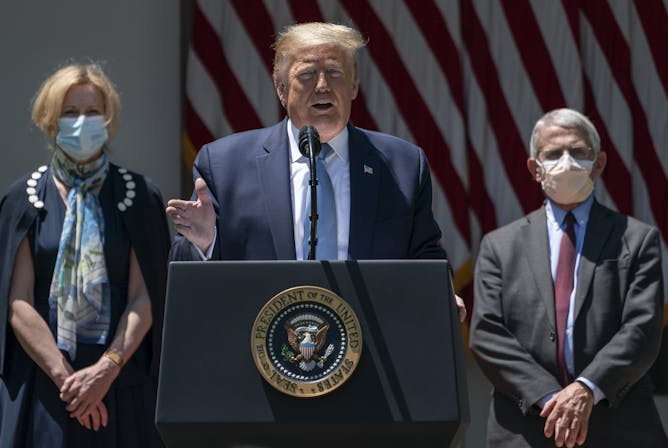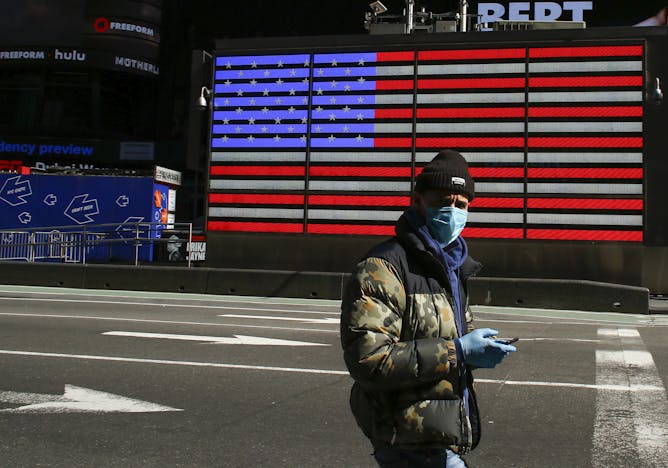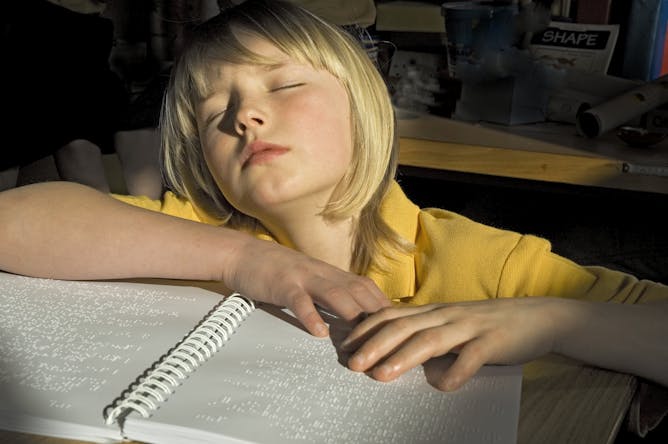|
The country’s top infectious disease official, Anthony Fauci, recently bemoaned an “anti-science bias” when explaining the spread of COVID-19 in the U.S. Adrian Barton, an expert on science denial, is not so surprised: “Americans increasingly exist in highly polarized, informationally insulated ideological communities occupying their own information universes,” he writes.
Also in this week’s science and research news, why the U.S. is not in a second wave, progress on gene therapies for genetic blindness and how cancer drugs could be repurposed for COVID-19.
|

The more politicized an issue, the harder it is for people to absorb contradictory evidence.
Drew Angerer/Getty Images News via Getty Images
Adrian Bardon, Wake Forest University
Whether in situations relating to scientific consensus, economic history or current political events, denialism has its roots in what psychologists call 'motivated reasoning.'
|

The U.S. as a whole is facing a huge surge in coronavirus cases, but the differences between states like New York and Florida are striking.
Kena Betancur/1207979953 via Getty Images
Melissa Hawkins, American University
The recent spike in new coronavirus cases in the US is not due to a second wave, but simply the virus moving into new populations or surging in places that opened up too soon.
|

Researchers are now testing treatments for several kinds of visual impairment.
BRIAN MITCHELL / Getty Images
Hemant Khanna, University of Massachusetts Medical School
Strategies to cure various types of blindness are looking more plausible after a series of recent breakthroughs using gene editing and gene therapy.
|